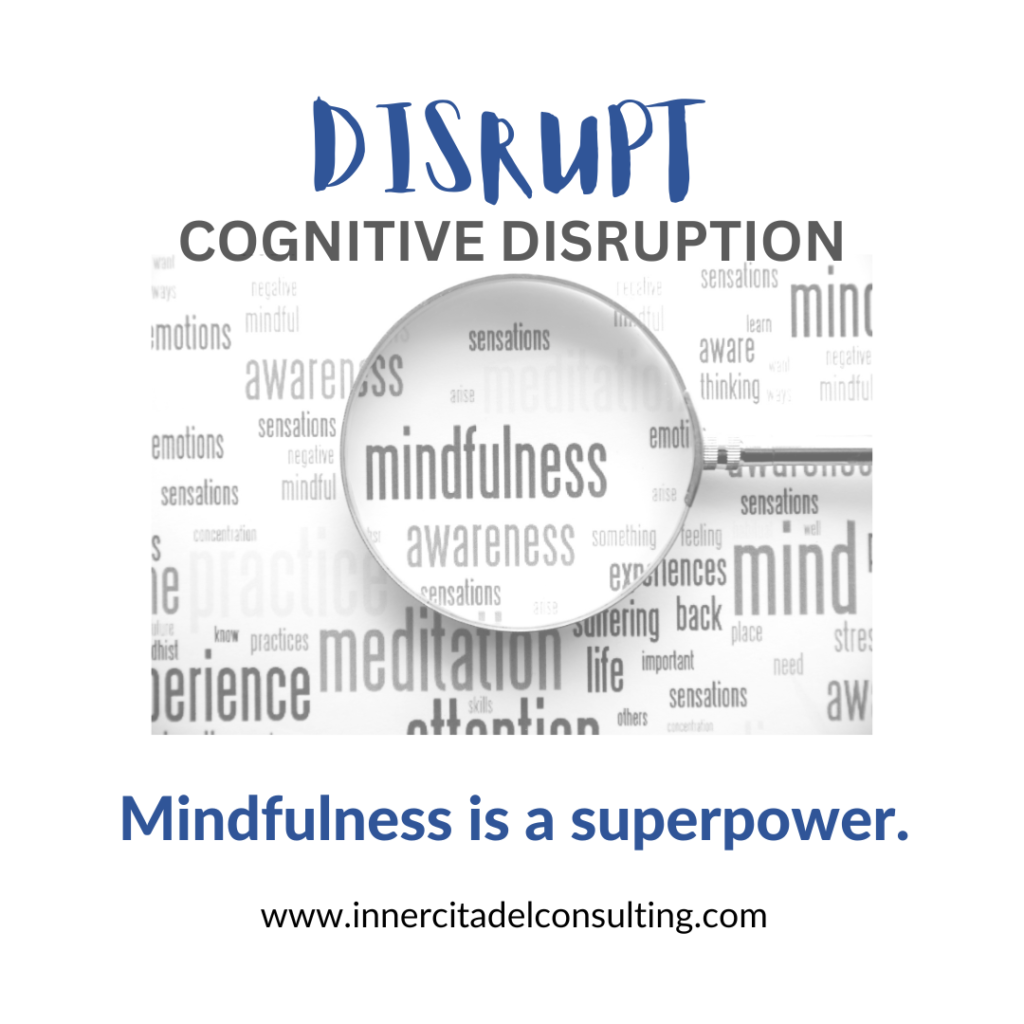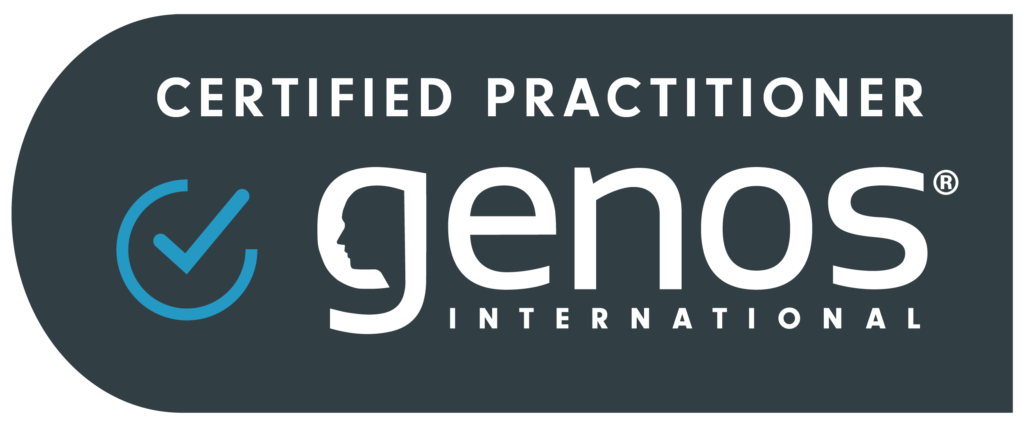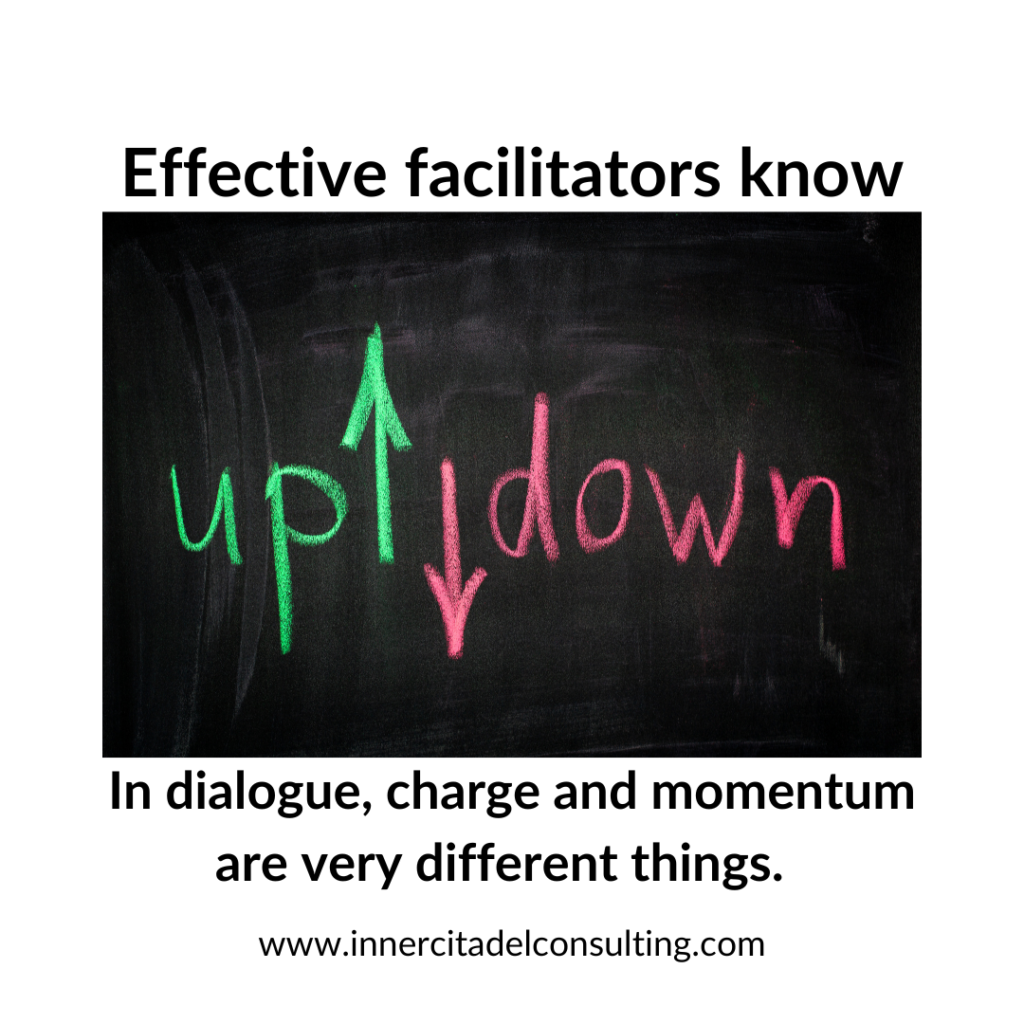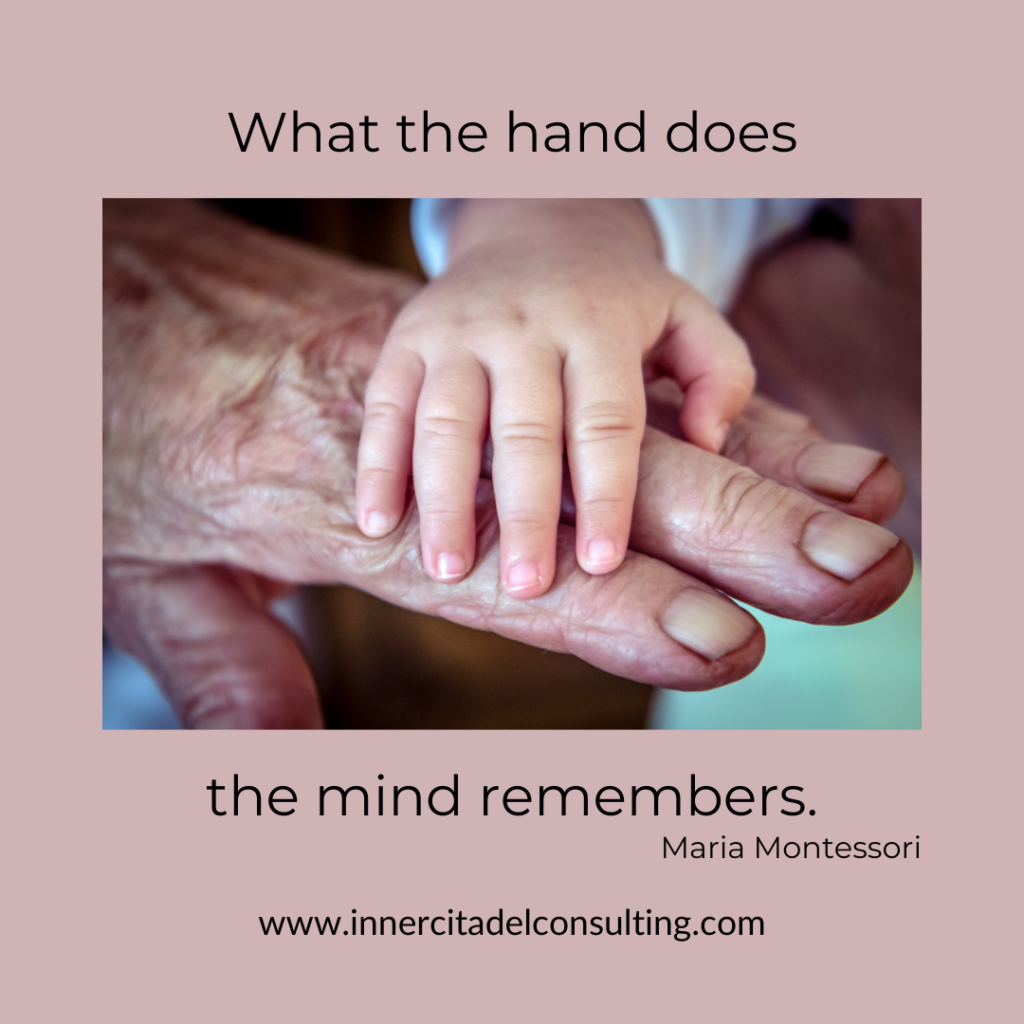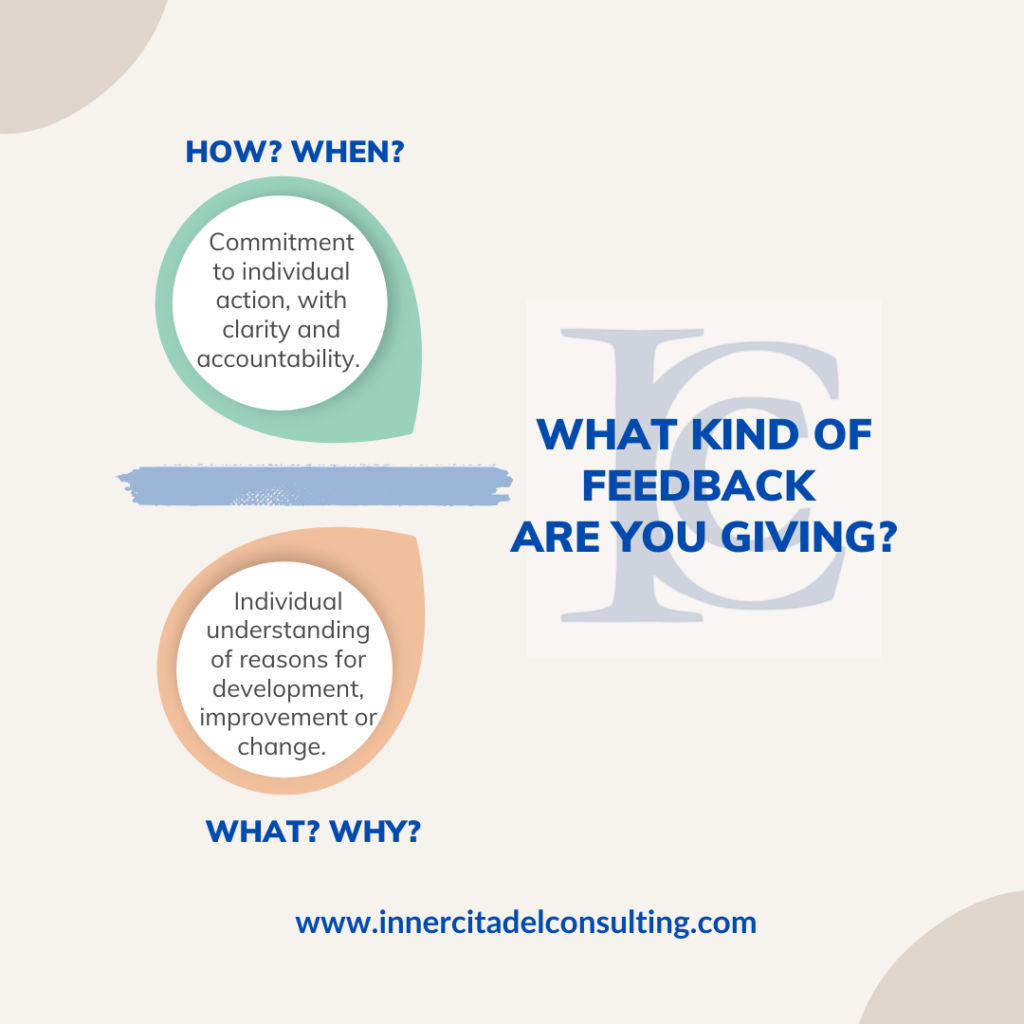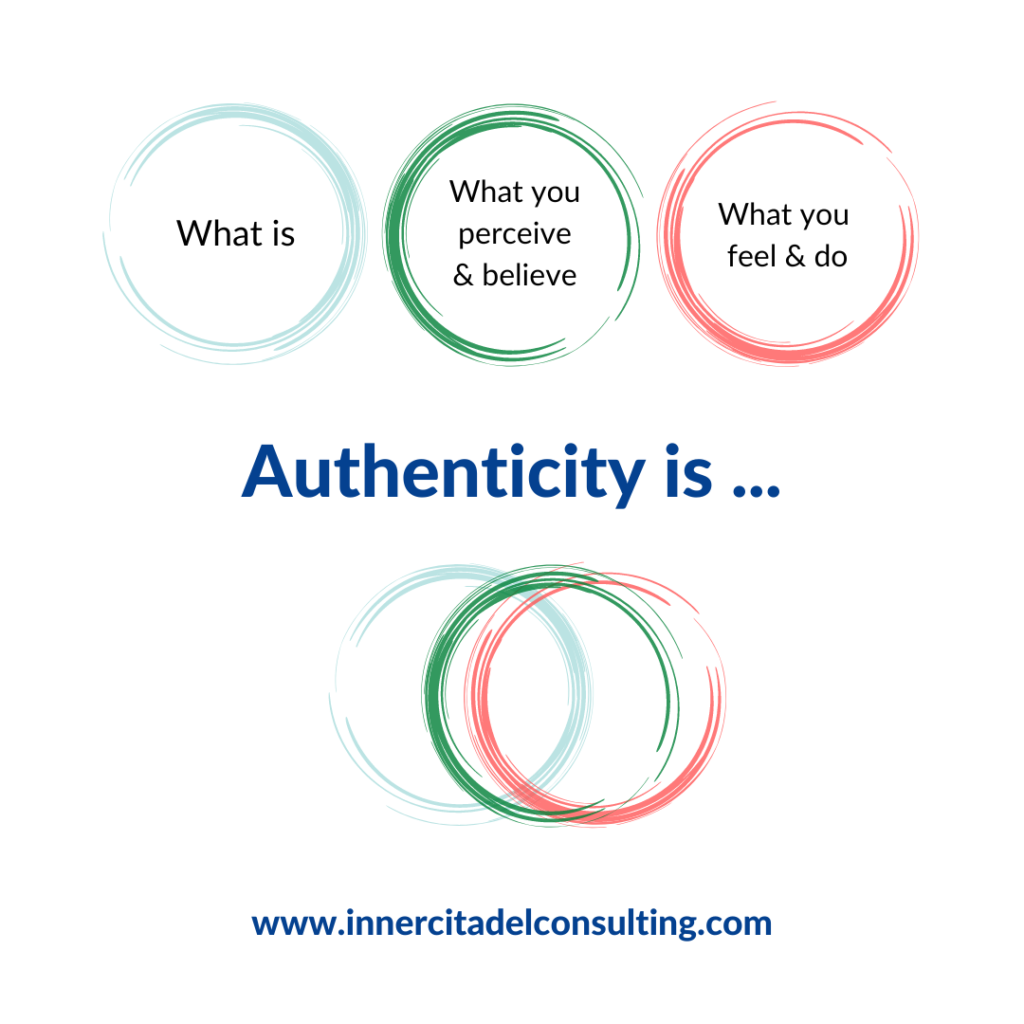Twenty years ago…
Twenty years ago Quintus Jett and Jennifer George of Rice University published a very important article in the Academy of Management Review (AMR was a top organizational management journal). As you read what’s below, think back to what work looked like 20 years ago.
Facebook hadn’t been founded.
Steve Jobs hadn’t announced the iPhone.
Bluetooth was relatively new.
Only about 25% of people said they had a cell-phone.
Disruptive interruptions
Jett and George studied interruptions and their disruptive effects in the workplace and identified four types: intrusions, breaks, distractions, and discrepancies. Intrusions are an unexpected event that interrupts the flow of planned work, bringing it to a halt. Breaks are also a halt of work, but they are self-initiated, often tied to physical or mental needs. Distractions are cognitive/psychological reactions triggered by external stimuli (phone bussing, email bing, loud noise, movement in the corner of your vision, temperature change, etc.); they are irrelevant to the workplace task, but capture attention. Discrepancies are perceived inconsistencies between one’s expectations and one’s observations that disrupt attention to an inconsistency or misalignment.
Me and my internal interruptions
Two observations about the interruptions I think of as internal. First, I tend to confuse or double up the kinds of interruptions, making the disruption to my work sooo much worse. For example, someone says “Hi” and we have a short conversation… then I find myself heading to the bathroom or to get water, even when I don’t need to. An intrusion led to a break… 15 minutes later I’m back at my desk wondering what I was doing.
Second, two of these interruption effects are mostly in my control. Intrusions can be lessened with workplace norms. Ever thought to put a sign on your door when you need to really focus? I don’t have a door, but I can book a room at my co-working space, stick in my headphones with some focus music and grind. Instead I often grump about noisy people in my head or join in the fun conversation. Sure, the second one is fun and sometimes good – but not always.
Breaks are completely in my control, especially if I can be disciplined. Can I set some reasonable goal to reach before taking a break? Yup. And if I can be in charge of myself and not add a break to an intrusion, especially to a distraction, I can move things along quicker. Hey, Anderson, turn the notifications off, will ya?
External interruptions
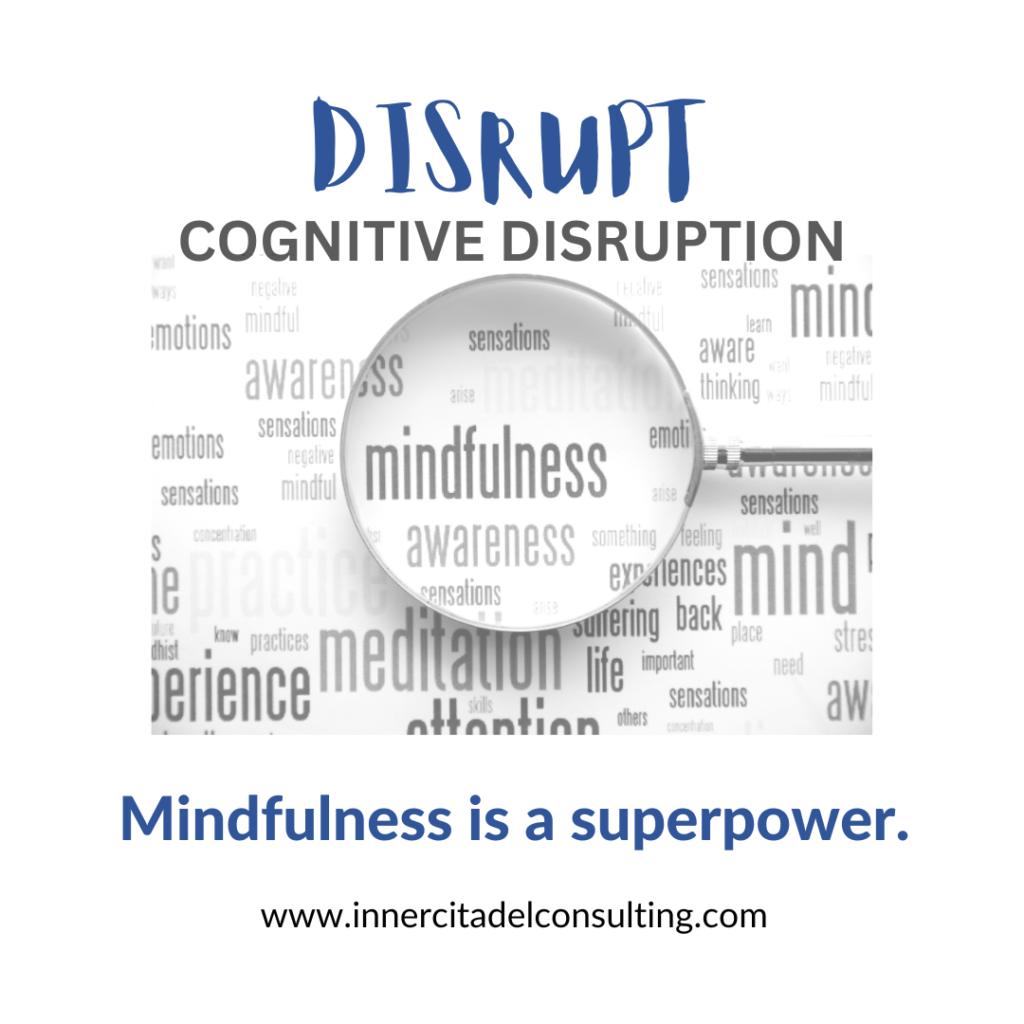
There are also solutions to the other two kinds of interruptions, which I think of as more externally driven. Distractions are hard to control because they involve external stimuli and the way our brains are wired to notice our environments. You can’t stop yourself catching sight of movement in your peripheral vision. On top of that, the distraction economy is playing you and me like puppets – we are wired, and at this point addicted, to distraction. But mindfulness training that makes us more skilled at bringing our attention back to what we need to do is an essential skill in 2023. The disruption cost of distraction is enormous, until we learn to direct and sustain our attention. Discrepancies… well, there will always be some. Emotional Intelligence training helps us resolve many kinds of discrepancies by helping us develop skills in non-judgment. It’s AMAZING how many discrepancies are self-imposed through our own judgments about situations and people – when those discrepancies fall away, we’re left with the important discrepancies to work through. Emotional Intelligence training is key here too – when we are misaligned in the workplace, EI skills help us resolve our inner and outer differences so we can work better.
What is “up to you”?
All of this brings back to my mind, as so often, Epictetus the Stoic’s advice to understand what is “up to you” and what is not “up to you”. What is up to us: authority over ourselves, power over our own thinking the capacity to adapt what happens, to judge what is truly good, what is truly bad, and what does not truly matter in the long run. How much power over yourself and your own focus, your own thoughts and and your own judgments will you hand over to someone else or to your cellphone and apps? 20 years from now, what will work look like if you step into your own power, if you focus on what is “up to you”?
As always, I’d love to connect if this is interesting! It’s not about time management – it’s about attention management.

